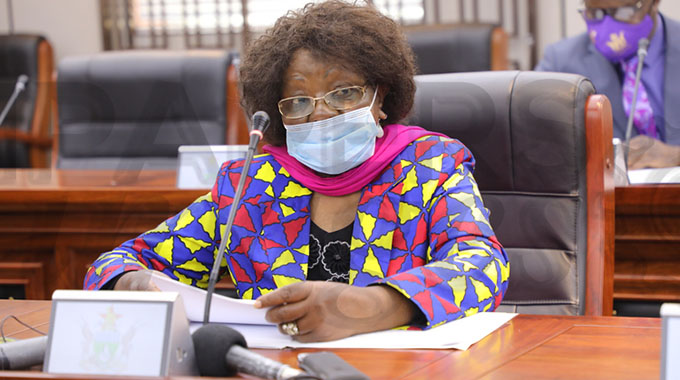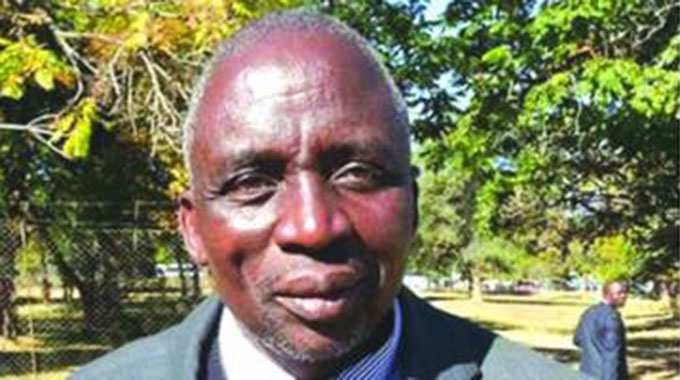Push to mentor girls in leadership

Herald Reporter
ZIMBABWE yesterday joined the rest of the world in commemorating the International Day of the Girl Child, with Government reiterating its desire to holistically empower the girl child, including through increasing her participation in leadership and encouraging business mentoring.
Further, Government has started a processes of initiating the enactment of two pieces of legislation, namely the Gender Equality Bill and a Sexual Harassment Bill, which are expected to further level the ground for gender mainstreaming and address sexual harassment, a major challenge at tertiary institutions.
This was said by Women’s Affairs, Community, Small and Medium Enterprise Development Minister, Dr Sithembiso Nyoni.
The day, which is commemorated on October 11 every year, ran under the theme, “My voice, our equal future”, which is aimed at creating equal opportunities for boys and girls in society.
Dr Nyoni said the gender equality and sexual harassment Bills, will have positive outcomes for the girl child.
She added that as Zimbabwe celebrates this day, the nation should remember that the girls that are in families, communities and churches are future leader whose rights deserve protection, recognition and respect.
This year’s commemorations take place as the world marks 25 years of invaluable progress on gender equality after the landmark Beijing World Conference on Women of 1995.
Dr Nyoni said this year’s celebrations come at a time when progress made to emancipate the girl child have been hampered by the Covid-19 mitigatory measures.
“School closures under the Covid-19 prevention, containment and treatment measures have forced girls to stay at home resulting in their exposure to domestic violence, sexual exploitation, rape and high risks of child marriage.
“It is apparent that school closures are eroding the progress we have made on girls’ access to education,” she said.
In a message on the day, UN Country Team in Zimbabwe said: “Girls in Zimbabwe, as in the world over, face myriad challenges, including gender-based discriminations that result in less opportunities across a range of sectors like education, training and employment, compared with boys.”









Comments